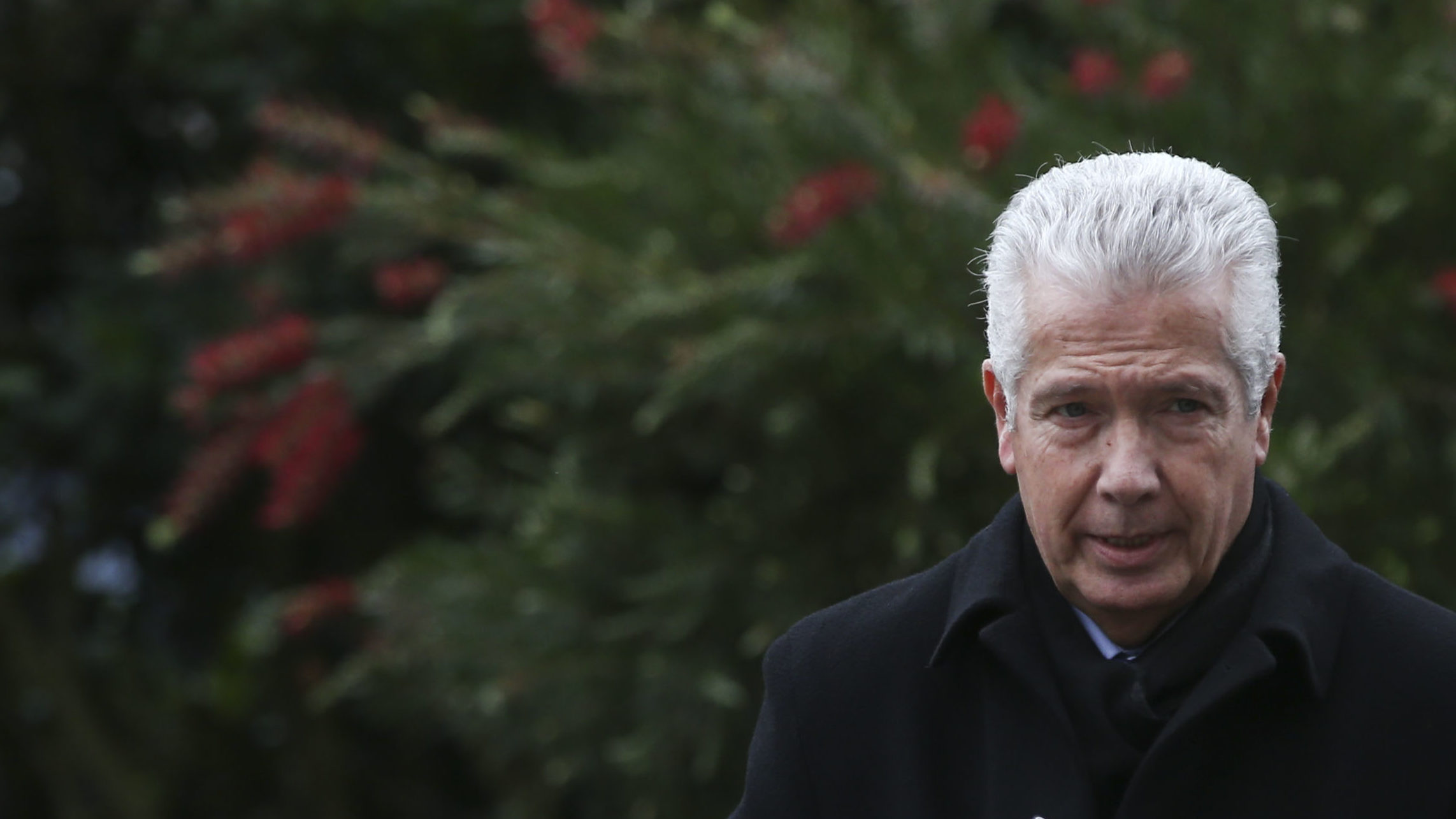Government proposes minimum wage of €705 in 2022
With this increase in 2022, the minimum wage will have risen by 200 euros since 2015, or 39.6% - the equivalent of 2,800 euros per year, compared to an increase of only 20 euros in the previous cycle.
The Government on Tuesday presented a proposal to increase the national minimum wage by 40 euros, to 705 euros, next year, according to a document distributed to social partners.
The amount had already been signalled by the executive and was today formally proposed to the employers’ confederations and trade unions with a seat in the Social Dialogue.
“With this increase in 2022, the minimum wage will have risen by 200 euros since 2015, or 39.6% – the equivalent of 2,800 euros per year, compared to an increase of only 20 euros in the previous cycle of government,” the government said.
The national minimum wage is currently €665.
According to the Government, “the main indicators relative to the labour market do not reveal negative impacts of the minimum wage increase on employment and an economic recovery scenario for 2022 is in prospect.
The executive refers that the Government’s programme sets the goal of reaching 750 euro in 2023, thus being 85 euros away from the outlined goal.
In June, according to Government data, there were about 880,000 people covered by the national minimum wage, equivalent to 24.6% of employees.
Women are in the majority, as 27% receive the national minimum wage (against 22.6% of men).
By region, the Alentejo currently has the highest incidence of minimum wage (31.7%), followed by the Algarve (30.8%).
The main activity sectors are the activities of households employing domestic staff and household production activities for own use (45.4%), the accommodation, catering and similar sector (45.3%) and agriculture, animal production, forestry and fishing (44%), followed by real estate activities (35.2%) and construction (34.6%).

